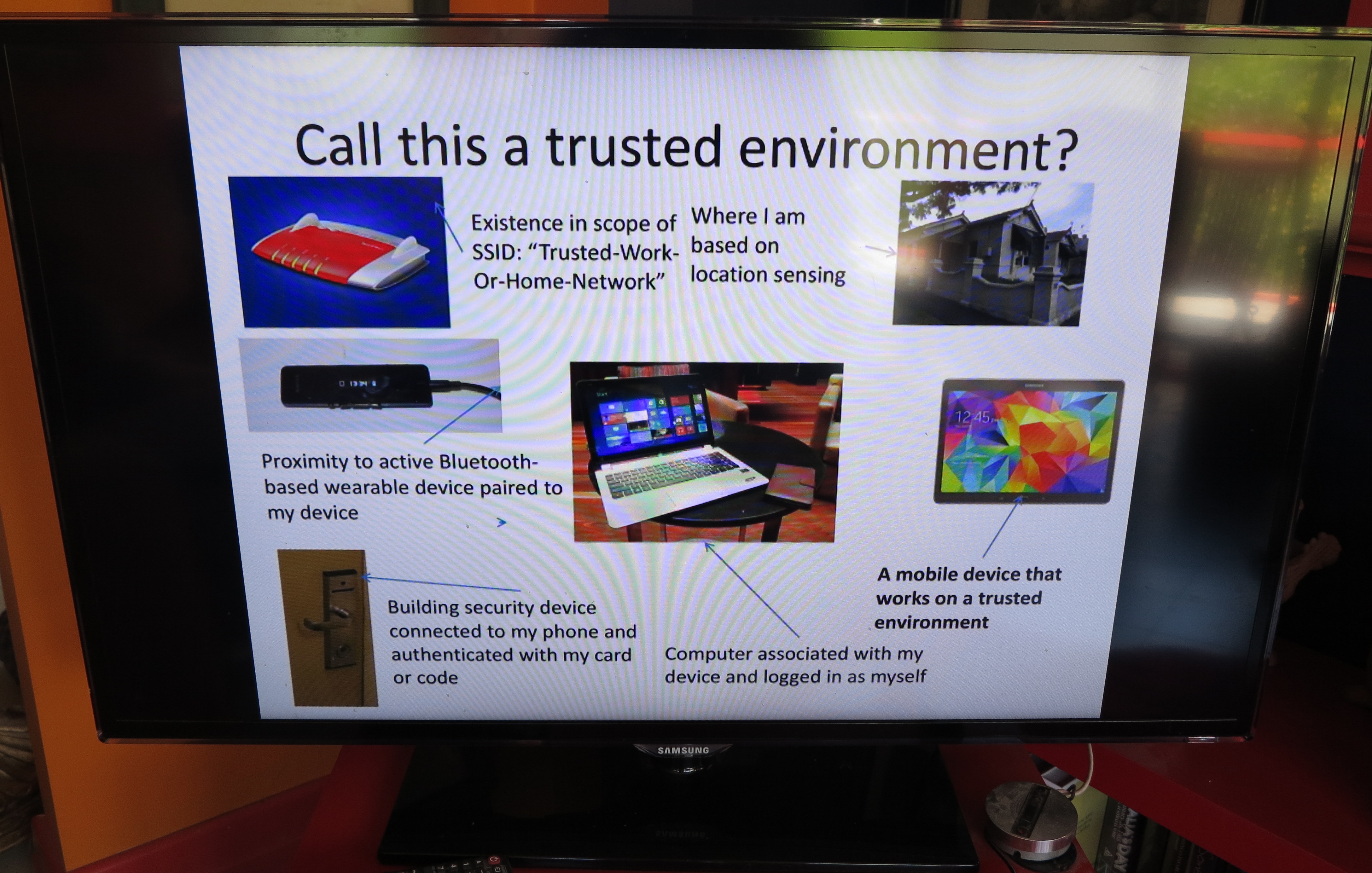Article
Ofcom extends speed code of practice to business broadband | ThinkBroadband
My Comments
Previously, I wrote an article about the main UK ISPs working on a code of practice for selling Internet service to small businesses. This is mainly about calling a minimum service quality for these Internet services.But BT Business, Daisy Communications, KCOM, Talk Talk Business, Virgin Media, XLN and Zen Internet have agreed to a code of practice for selling business Internet service, which will come in to effect from 20 September 2016.
This code of service primarily affects the bandwidth and service quality concerning the business Internet service.
It calls for transparent accurate information on broadband speeds at the point of sale. This covers providing knowledge of estimated download and upload line-level speeds and, where available, the “real” throughput speeds as early as possible through the sale process. There will also be detailed information about the bandwidth of the service after the sale and on the ISP’s Website. The service speed that is disclosed has to be as accurate as possible and the ISP has to deliver this information to their resellers and solution providers who onsell the service.
If there are issues with the business Internet service not “hitting the mark” when it comes to throughput, the ISP has to manage these issues and help the business customer when that problem is raised by the customer.
The code of practice also include a “walk-out” right where the business custome can leave the Internet-service contract without penalty if the dowload speed falls below and is consistently below the agreed speed even after the ISP and business customer have had an opportunity to rectify the issue. Of course, the business would have to return any customer-premises equipment leased to them by the ISP.
A question that was called out in the article was whether a business customer on a multi-year contract could walk out due to substandard performance encountered during a time where the Internet service is overloaded at a time where residential users are placing intense demand on that service.
But there are a few gaps missing that may affect small businesses.
One of these is that the code of practice doesn’t apply to fixed-line-speed services like cable-modem services or fibre-to-the-premises services. Nor will it apply to “dedicated-line” business services like leased-line services, Ethernet-First-Mile services and Ethernet-over-FTTC services.
The Ethernet-over-FTTC service was called out in the article’s comment trail because it is offered as an entry-level dedicated-line service for small and medium businesses. Here, it is known to exhibit performance traits where the core-network bandwidth is predictable but the access-network bandwidth isn’t predictable.
But the commenters raised the possibility that a business could sign up to an Internet service that has a service-level-agreement which would cover situations and services beyond the code-of-practice’s scope. Similarly, could it be feasible for an ISP or telco to strike a service-level-agreement that is modelled on this code of practice and uses it as a fallback measure?
There is another issue that wasn’t addressed in this code of practice which can affect many small businesses and community organisations. It is where a business cannot see out a contract due to events in the business’s or organisation’s life-cycle such as when the business changes hands or the worst comes to the worst. Similarly, it doesn’t address a situation where a business changes location and the dynamics of the Internet service can be affected by that change.
At least a few steps are taking place to provide the same level of customer protection for small-business owners that consumers would enjoy when they sign up to Internet service.

![Pantiles - Royal Tunbridge Wells picture courtesy of Chris Whippet [CC BY-SA 2.0 (http://creativecommons.org/licenses/by-sa/2.0)], via Wikimedia Commons](https://homenetworking01.info/wp-content/uploads/2015/07/The_Pantiles_Tunbridge_Wells_-_geograph.org_.uk_-_1738820-300x225.jpg)

